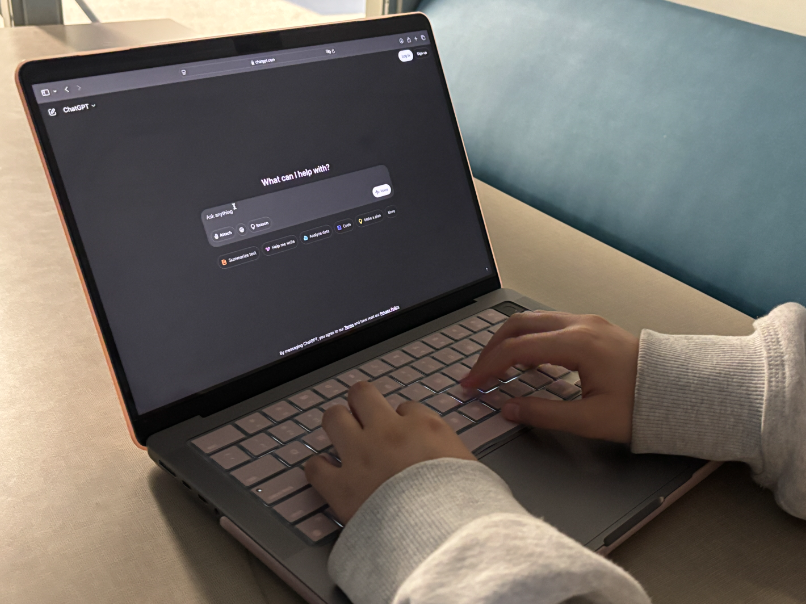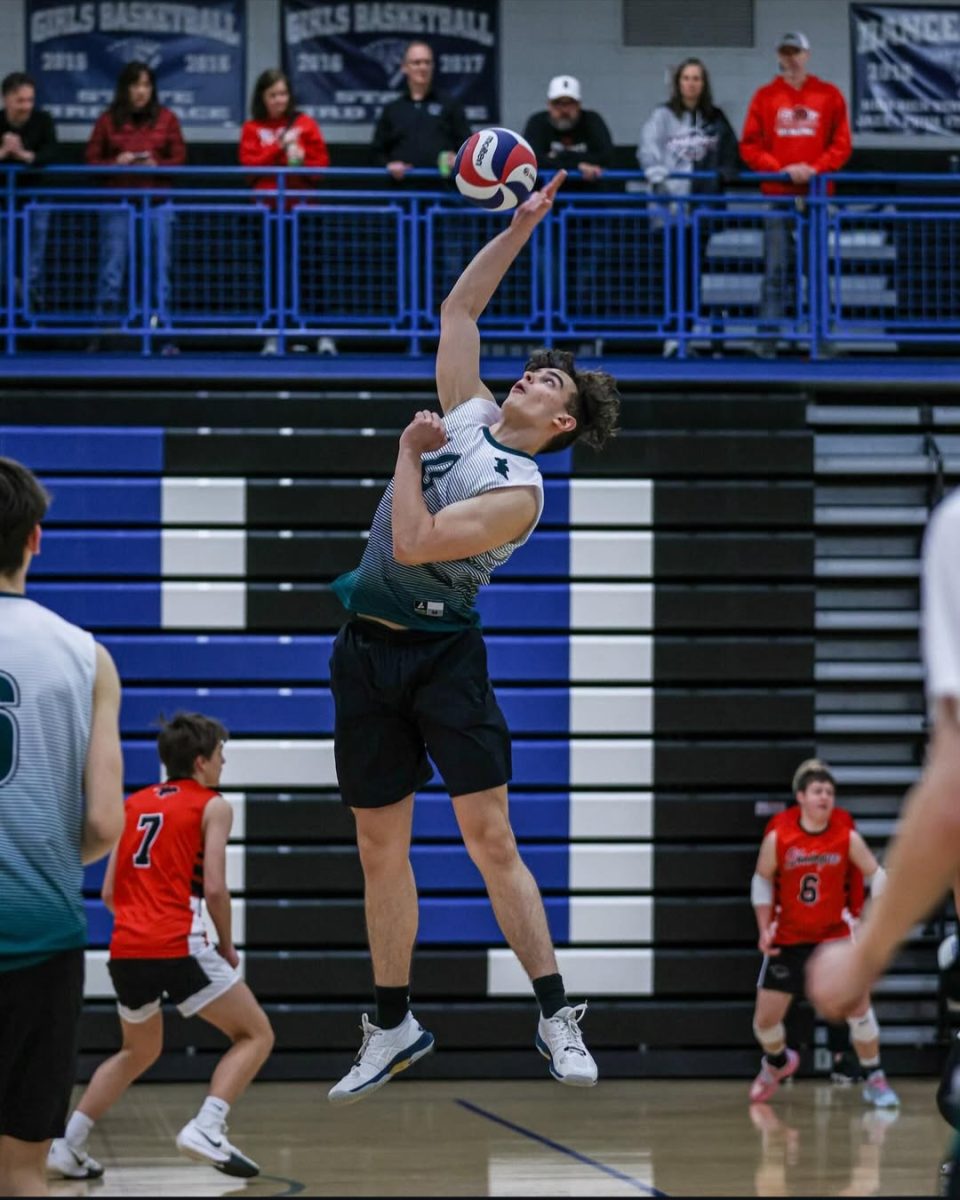The new phone policy has been one of the most controversial changes implemented at Mounds View this year. It’s put in place with the hopes of increasing students’ attention in class and interaction with one another, but has it actually achieved what it set out to accomplish?
One of the most noticeable improvements from the policy increased in student attention and effort. According to various teachers, many students have higher grades. “[There are] so much less I’s and D’s than I had last year,” said Jenna Claflin, social studies teacher. Despite what some students may think, just listening to lessons can help improve test scores, she explained.
Because they have limited access to their phones, students complete more of their work. “It seems like there is less missing work [and] that students get more assignments done in class,” said Erik Hall, science teacher.
Some teachers also believe that the phone policy has reduced student stress. “I feel like mental health is actually better this year than I’ve seen in the past because it is not the stress of how much they’ve piled on themselves to get done at home [adding pressure],” said Claflin. By having more time to finish assignments at school with no distractions, students have less homework, which can help make them feel less overwhelmed.
Teachers have also noticed that students interact with each other more when they can’t access their phones. Kristin Heinz, social studies teacher, has brought in different games for students to play during their free time to incentivize students to stay off their phones. “Students, they play those little games together or they talk to each other, and I used to see students, if they had a couple minutes on their phones, not engaging with each other,” said Heinz.
However, some students feel differently towards the policy. Most students have been compliant with following the rules of the policy, but some see downsides to it. A major issue for students has been the inability to communicate with people outside of their classes and the school. “At one point, I got my phone taken away because I was trying to communicate with my father on how I would get home, even after telling my teacher,” said sophomore Kaden Brace. This issue seems to be the main reason why students don’t see the phone policy to be as effective as teachers believe it to be.
Students have also been running into trouble when they need their phones for class work but cannot use them. In classes where assignments require phone use, like Digital Photography and yearbook, it has made it more difficult for students to do their work. “I did really bad on a couple of my assignments on yearbook because I could not get people to use their phones to send me pictures,” said junior Ruth Carrigan. Students have also complained about the inability to take pictures of notes or to use their phones to write down what assignments they need to do.
Overall, the phone policy has received mixed feedback. Many students and staff have seen both improvements and issues that have come from it. Though the phone policy works to keep students from using their personal devices during class time, there are some things students feel they need them for. The belief in whether it has proved to be effective or not varies amongst teachers and students.














![[DEBATES] Prestigious colleges: value or hype?](https://www.mvviewer.org/wp-content/uploads/2024/12/buildings-1200x654.png)































![[OPINION] The dark origins of TikTok's looksmaxxing trend](https://www.mvviewer.org/wp-content/uploads/2024/02/Copy-of-Copy-of-Untitled-Design-1200x675.png)











